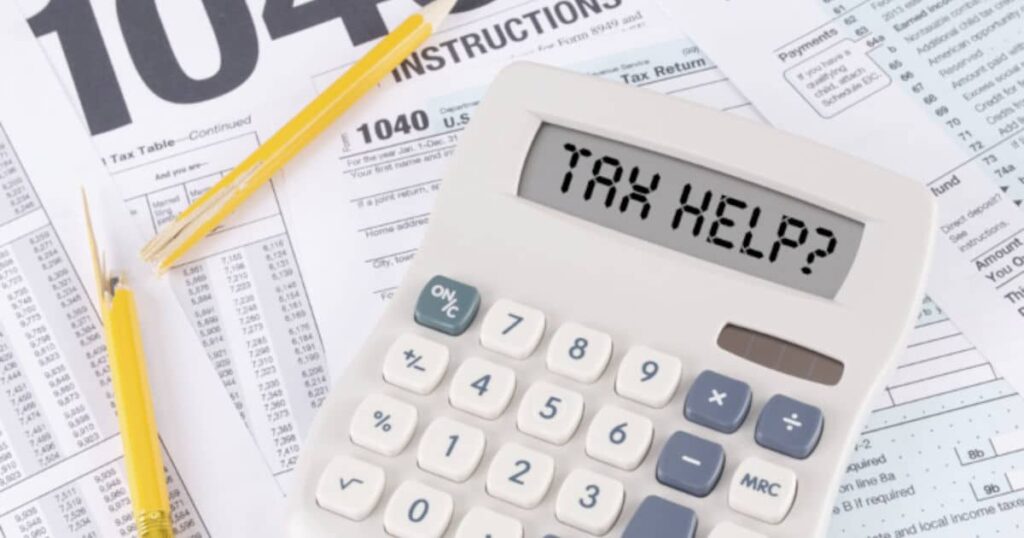If you own a small business, such as a partnership or LLC, you will be liable for back-due taxes and tax penalties. Even a corporation can suffer if it has to repay the IRS after an audit. Because of this, you must take proactive steps to minimize your risks of facing an IRS audit. Here’s how you can do it:
Practice Good Recordkeeping
Ensure you properly document your business expenses, receipts, and mileage logs, so you can easily present this information when requested. Also, you must keep your business data inaccurate to avoid an audit. Incorrect tax data that conflicts with the information obtained by the IRS can trigger an audit. This itself is a good reason to hire an expert who does professional tax preparation in Cape Coral, FL.
In addition, some kinds of tax activity, such as credits and deductions, can capture the attention of the tax department. The reason is that the computers of the IRS examine tax returns, searching for reporting inconsistencies, errors in numbers, and red flag items.
File Your Tax Returns Promptly
If you file your tax returns late or do not file at all and fail to file an extension, the IRS will have its eyes on you. Missing deadlines can result in you owing back taxes, fines, and interest. Plus, you can have criminal charges because of this. For small business owners, a six-month extension is available as long as you file a request for an extension before April 15.
Be Honest
The tax agency cannot know everything regarding your business, including the exact cash transaction amounts or other details. But a lot of the details the agency reviews can be verified, like records they obtained from other business entities or taxpayers. If there are inconsistencies between the data they have and your own data, an audit can occur. If you are honest on your return, you won’t worry about anything, even if you get audited.
Organize Your Records
An audit from the IRS can go back as far as 6 years when fraud or significant or intentional errors are discovered. Even if an audit arises because of an erroneous entry, the IRS can ask for 3 years worth of data. So, if you want to avoid an IRS audit, always keep accurate records and report tax information correctly. Also, you must keep such documents organized, so you can easily present them to the IRS if requested.

